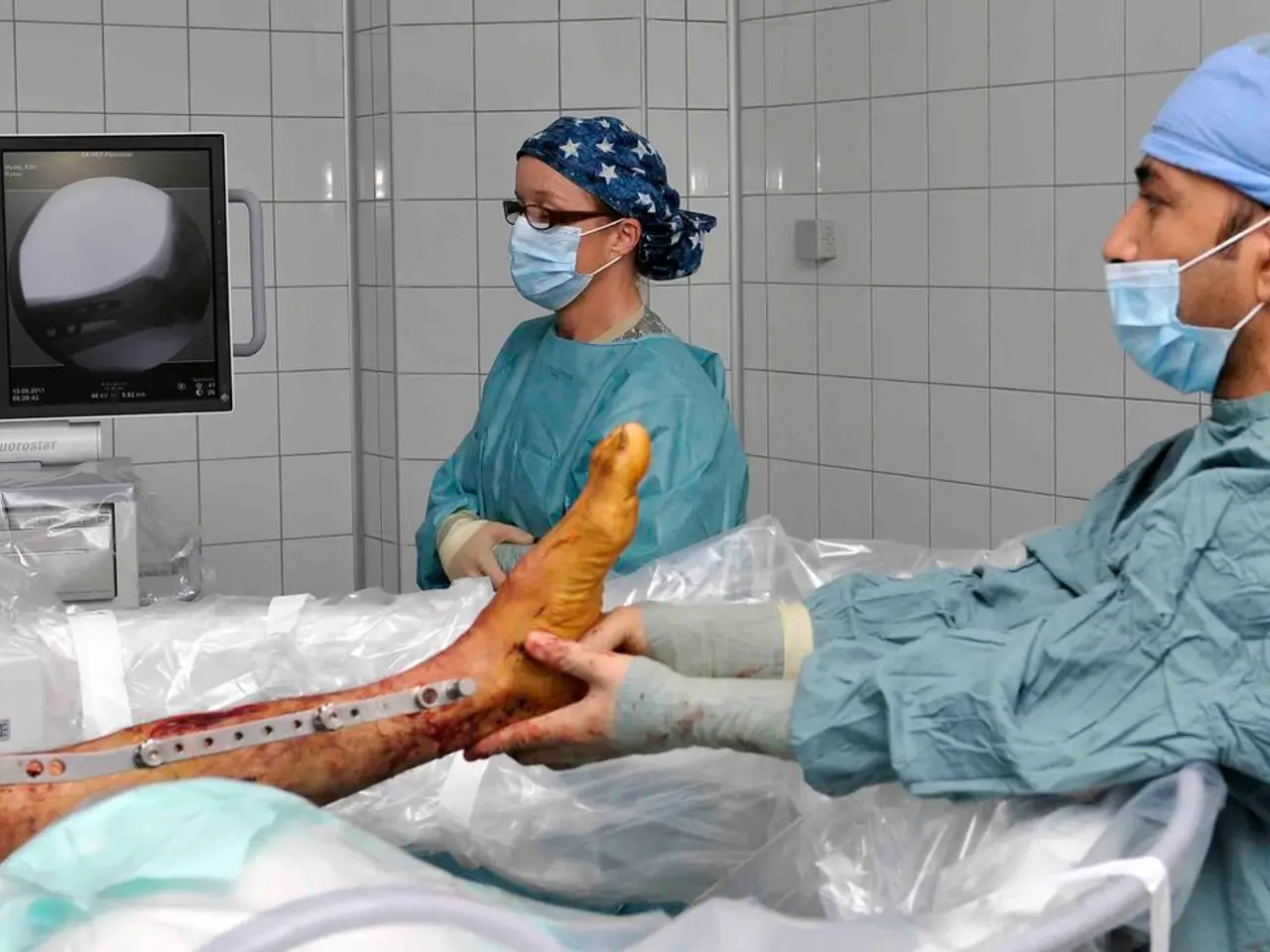Polygraph Examinations: Revealing the Truth in the UK
In the realm of truth verification, polygraph testing has proven to be a valuable tool across multiple domains. This diagnostic method, which evaluates physiological changes in an individual in response to a series of questions, finds widespread use in criminal justice, employment screening, and private investigations.
In the criminal justice system, polygraph tests are employed to aid investigations by helping law enforcement identify deception and verify statements. For instance, in the UK, polygraph testing is used for monitoring serious sex offenders on parole, with the probation service able to impose mandatory polygraph exams as part of release conditions. This has led to re-incarceration of offenders when violations are detected. The use of polygraphs for offenders of domestic abuse is also being considered in legislation.
Many organizations use polygraph tests during the hiring process or for ongoing screening, especially for positions involving sensitive information, cash handling, or security. This helps ensure trustworthiness and reduce risks from insider threats. Employers also use polygraphs to investigate suspected employee theft, fraud, or misconduct internally to quickly narrow down suspects and reduce workplace conflict.
Corporate entities in competitive sectors such as IT, pharmaceuticals, and defense use polygraph tests when conventional investigations stall. Lie detection can serve as a neutral tool to resolve conflicts, harassment claims, or discrimination allegations in the workplace.
Polygraph exams are applied in civil contexts such as disputes involving infidelity, domestic issues, or allegations of child abuse. These tests help parties confirm truths in sensitive personal matters and aid legal or mediation processes.
Polygraph testing also aids in verifying claims related to insurance fraud and supports investigations concerning alleged civil rights violations or corruption.
Despite their widespread use, polygraph results are generally not admissible as evidence in most courts (including UK courts), though they are accepted as investigative aids and in some specialized legal contexts.
In summary, polygraph testing's common practical applications include:
- Criminal Justice: Parole monitoring, investigation of sex/domestic offenders, criminal investigations - Employment & Corporate: Pre-employment screening, employee misconduct & theft investigations, internal dispute resolution, detecting insider threats and corporate espionage - Personal/Family Matters: Infidelity verification, domestic disputes, child abuse allegations - Insurance & Civil Rights: Fraud detection, corruption investigations
These uses show polygraph testing serves as a multi-purpose tool to enhance truth verification across legal, corporate, and personal domains.
Moreover, polygraph tests can be utilised in child custody disputes to assess the credibility of parties involved and the veracity of allegations, guiding decisions about custody arrangements and child safety. In instances of severe relationship betrayal such as infidelity, a polygraph test can be part of the reconciliation process, demonstrating the offending partner's commitment to transparency and trust-building.
In cases of shattered marital trust, polygraph tests can help rebuild confidence by exposing undisclosed financial transactions, activities, or dishonesty claims. Polygraph tests can also be integral to the investigation process when an employee is suspected of misconduct such as policy violation, confidentiality breach, or unethical behavior.
- The scientific application of polygraph testing aids in criminal investigations, assisting law enforcement in identifying deception and verifying statements.
- In the realm of health-and-wellness, polygraph tests are used to monitor serious sex offenders on parole in the UK, with the probation service imposing mandatory exams as part of release conditions.
- Many organizations use polygraph tests during the hiring process or for ongoing screening, specifically for sensitive positions involving finance, cash handling, or business security.
- Employers use polygraph tests to investigate suspected financial misappropriation, fraud, or misconduct internally, quickly narrowing down suspects and reducing workplace conflict.
- Polygraph exams find application in the tech industry when conventional investigations stall, serving as a neutral tool to resolve conflicts, harassment claims, or discrimination allegations in the workplace.
- In the domain of education-and-self-development, polygraph tests can expose undisclosed learning techniques, dishonesty claims, or policy violations, ensuring academic integrity and honesty.
- In the world of entertainment, polygraph tests can be utilized to verify statements or facts in investigative journalism, maintaining the integrity of general-news reporting.
- Sports organizations may use polygraph tests to verify doping claims or investigate allegations of performance-enhancing drug use among athletes.
- Respiration and heart rate changes are measured during polygraph tests, providing physiological evidence of deception in various domains, including relationships.
- For instance, in cases of severe relationship betrayal like infidelity, a polygraph test can be part of the reconciliation process, demonstrating the offending partner's commitment to transparency and trust-building.
- In family matters, polygraph testing can help confirm truths in personal issues like infidelity or domestic disputes, aiding legal or mediation processes.
- In the realm of health care, polygraph testing can be used to verify claims related to health-and-wellness therapies and treatments.
- Additionally, polygraph technology continues to evolve, promising further improvement in accuracy, acceptability in court, and broadening its applications in various domains such as lifestyle, finance, and relationships.




